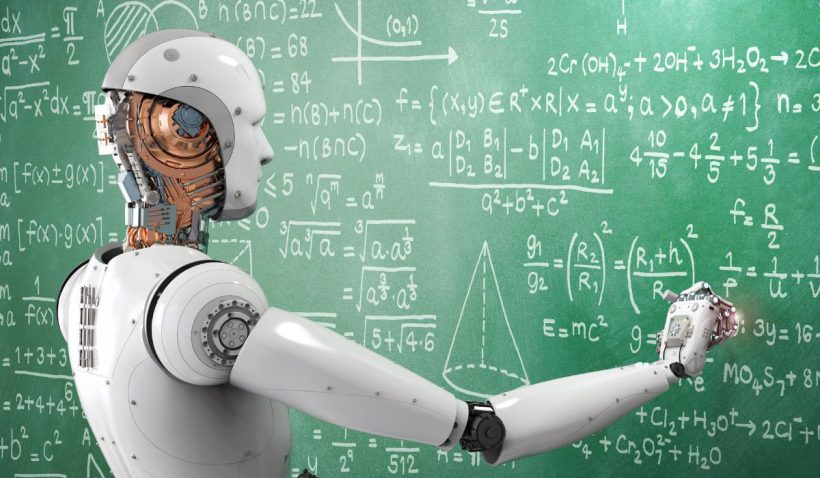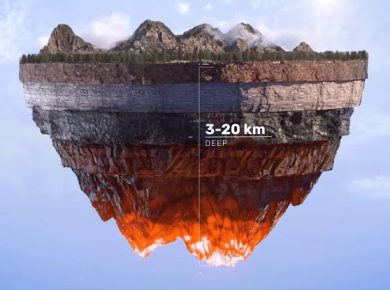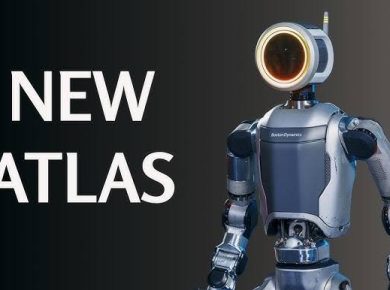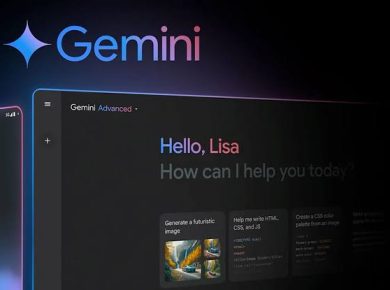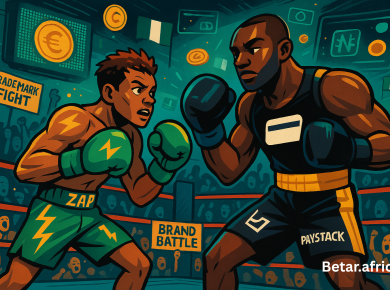The fusion of technology and education is reshaping how knowledge spreads. In Africa, where access to quality education often lags, AI innovations are stepping in to bridge gaps. For example, tools like generative AI and adaptive learning platforms are transforming classrooms and empowering students. This trend isn’t just a buzzword—it’s a lifeline for a continent hungry for growth. At betar.africa, we see this intersection as a spark for creativity and progress. This article dives into how AI is redefining education, with real-world examples and a glimpse of its future impact on African innovation.
Personalized Learning at Scale
AI’s biggest gift to education is personalization. Traditional classrooms often struggle to meet diverse student needs. However, AI-driven platforms like Kenya’s Eneza Education adapt lessons to individual learners. With over 500,000 users, Eneza uses SMS and web tools to deliver tailored quizzes and content. As a result, students grasp concepts at their own pace, even in remote areas. Data backs this up: a 2024 UNESCO report found adaptive learning boosts retention by 30% in low-resource settings.
For African educators, this is a game-changer. Teachers can focus on guidance while AI handles repetitive tasks like grading. In addition, it scales education beyond urban hubs. A rural student in Ghana, for instance, can master math through a chatbot, no fancy lab required. This blend of tech and education aligns with betar.africa’s mission to empower through accessible solutions.
Bridging Skill Gaps for the Future
Africa’s youth need skills for a digital economy. Yet, traditional curricula often lag behind industry demands. Enter AI tools like Coursera’s SkillSets, which pair learners with job-ready courses. In Nigeria, for example, over 200,000 students used Coursera in 2024 to study coding and data analysis—skills tech firms crave. Meanwhile, South Africa’s ExploreAI Academy trains thousands in AI itself, creating a feedback loop of innovation.
These platforms don’t just teach—they connect education to business. Employers gain skilled workers, and students secure jobs. Transitioning to this model is key, as the World Economic Forum predicts 97 million new roles by 2025 will demand digital fluency. For African entrepreneurs, this means a workforce ready to compete globally. It’s a practical step toward sustainable growth, rooted in technology’s promise.
Overcoming Barriers with Creativity
AI isn’t flawless—cost and connectivity pose challenges. Many African regions lack reliable internet, limiting access. However, innovators are fighting back. Take Uganda’s SunKing, which pairs solar-powered devices with offline AI apps. Students in off-grid villages now study via tablets preloaded with lessons. In 2024, SunKing reached 50,000 learners, proving tech can adapt to local realities.
Creativity drives these solutions. For instance, radio-based AI tutors in Ethiopia broadcast lessons to millions, bypassing digital divides. These efforts show education doesn’t need a perfect infrastructure—just ingenuity. As a result, more African minds are unlocked, fueling research and arts alongside tech. This resilience reflects betar.africa’s ethos: turning challenges into opportunities.
A Future of African-Led Innovation
AI in education is more than a trend—it’s a catalyst. Personalized learning empowers students, skill-building prepares them for work, and creative fixes overcome hurdles. Looking ahead, this could redefine Africa’s place in the global knowledge economy. Imagine a generation of coders, artists, and researchers rising from AI-enhanced classrooms. For betar.africa, owned by Uphiva.com, this is the vision: a platform where technology and education ignite African potential.
The data is clear—AI can lift learning outcomes. Yet, its true power lies in inspiring local solutions. As adoption grows, African innovators will shape these tools, not just use them. This forward momentum ties directly to our mission of fostering creativity and progress. The future isn’t coming—it’s being built here, now.
